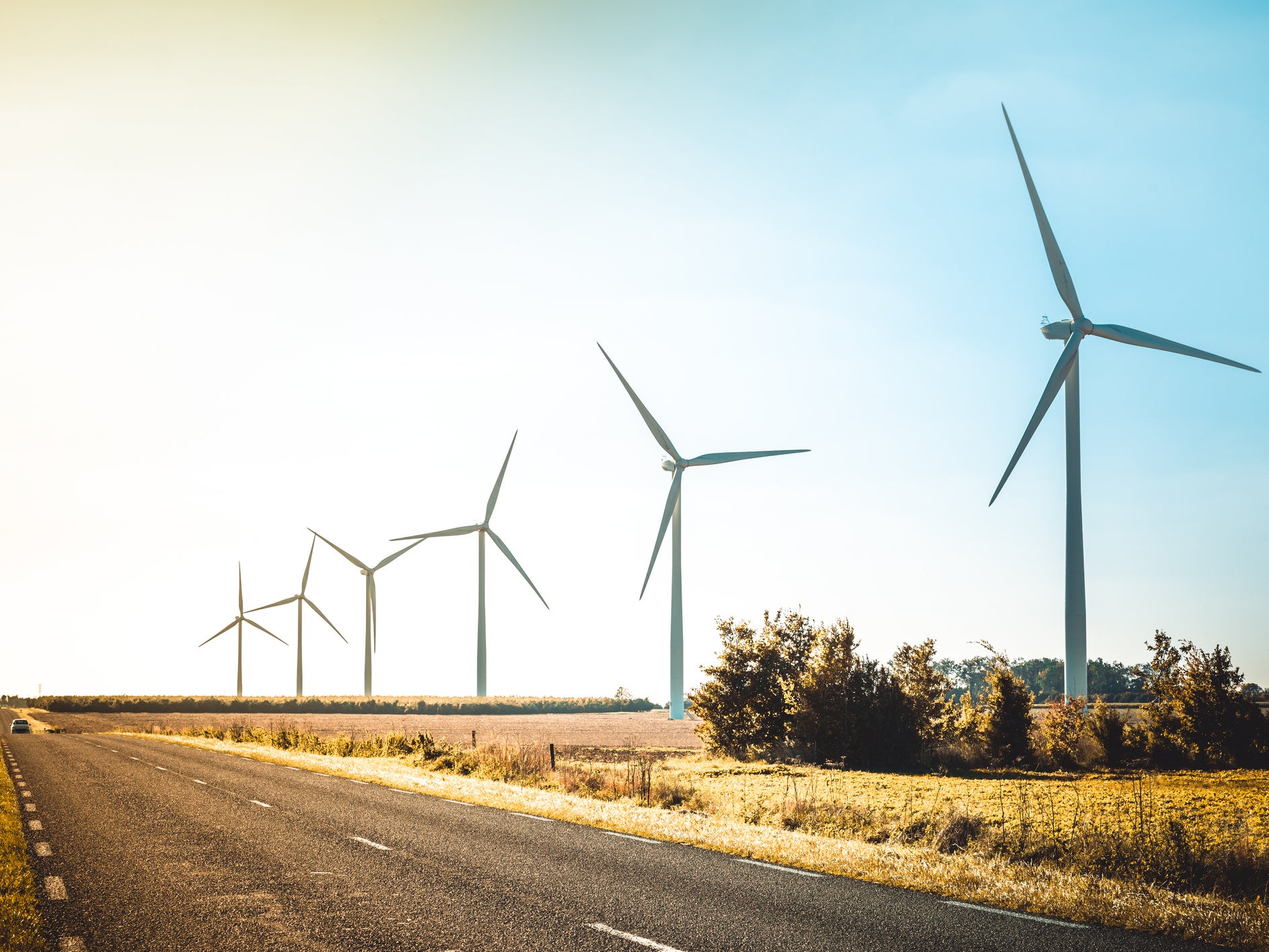This website uses cookies so that we can provide you with the best user experience possible. Cookie information is stored in your browser and performs functions such as recognising you when you return to our website and helping our team to understand which sections of the website you find most interesting and useful.

The government must spend an extra £14bn a year to meet its climate targets while simultaneously reducing support for initiatives which increase greenhouse gas emissions, a think tank report warns.
Investment is urgently required for low-carbon transport, more efficient buildings, conservation and restoration of nature, and for industrial infrastructure, according to Green Alliance.
The biggest investment gap, of £8.7bn per year, is in low carbon transport, the organisation said.
“If the government were to reallocate the average annual investment committed to new road building towards low carbon transport infrastructure, it could already close 60 per cent of that gap,” the report’s authors said.
The report notes that, over the last three years, £9bn has been spent supporting new high-carbon transport infrastructure and the government has confirmed it will spend another £27bn over the next five years on 4,000 miles of new roads.
“Even with the current 2035 phase-out date for petrol and diesel cars, we can’t shift to electric vehicles fast enough to meet our carbon budgets. We can’t afford further road expansion,” the authors said.
The analysis also said that scrapping of the zero-carbon homes standard in 2015 has meant most of the new homes built since then are not net-zero compatible by default, which has locked in future costs and unnecessary carbon emissions.
Ahead of the prime minister’s infrastructure review speech on Tuesday - named “Project Speed” - Green Alliance said following the impact of the coronavirus pandemic, decisions must resist the “short-sightedness of returning to business as usual” and urgently prioritise the UK’s long-term resilience to future crises.
Chris Venables, head of politics at Green Alliance, said: “This is a once-in-a-generation opportunity for the government to hardwire the environment into a post-Covid economy - now is the time for the prime minister to create the foundations of a healthier, more resilient economy.
"For Project Speed to be successful, it must be the most ambitious climate infrastructure project ever – creating jobs in every corner of the United Kingdom – and it can’t mean a regulation bonfire locking in a high carbon economy and polluting activities for decades to come.
“With alarming temperatures recorded in the Arctic last week, it’s clear the climate crisis has not gone away, and no country will be immune. The prime minister needs to show real leadership this week or risk a downward spiral as the impacts of the environmental crises take hold.”
Green Alliance policy adviser Joanna Furtado, said: “The UK is imminently facing public spending decisions that will shape our economy and society for decades to come. It is vital that we take account of the long term risks to the UK when doing that. Our report outlines a blueprint for a more resilient, fairer and greener economy, we look forward to engaging with the UK government on how it can achieve it.”
Conservative MP Anthony Browne, the chair of the All-Party Parliament Group on the Environment, welcomed the report and said the UK was at a “crossroads” and that a green recovery was “vital”.
He said: “There is no doubt that we stand at a crossroads in the history of our nation. With the economy facing a historic challenge over the coming weeks and months, I believe that putting climate-friendly infrastructure at the heart of the recovery efforts is vital to building a more resilient and prosperous UK. Today’s report shows what would be possible with leadership from the top of government, I hope we start to see the green shoots of a low-carbon recovery in the very near future.”



 Africana55 Radio
Africana55 Radio 

